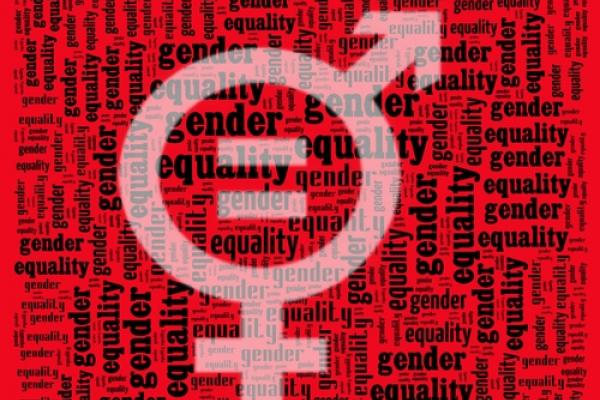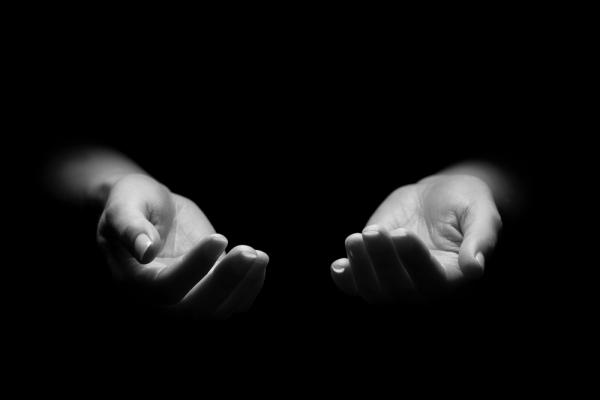Global religious hostilities reached a six-year high in 2012 and affected more people than government curbs on religious freedom, according to the Pew Research Center’s latest report on religious restrictions around the world.
The report, released Tuesday ahead of National Religious Freedom Day on Thursday, shows that 74 percent of the world’s population experienced high levels of social hostility toward religion, up from 52 percent in 2011.
The sharp rise is due to hostilities in China, which for the first time in the survey’s six-year history, scored a “high” level of religious strife. Home to more than 1.3 billion people, China experienced an increase in religion-related terrorism, mob violence and sectarian conflict in 2012.
The greatest levels of social hostilities toward religion were felt in Pakistan, Afghanistan, India, Somalia, Israel, and Iraq, according to the report.
The third edition of the Shriver Report, a media initiative spearheaded by Maria Shriver to call public attention to women’s evolving role in the home, workplace, and society, was released this month.
With a large body of articles, research, polls, data, and personal stories, the report assesses the unique needs, pressures, and realities women face. Contributors within the faith, health, academic, economic, and political communities are represented, coupled with intentional cultural and social diversity. This gives the Shriver Report a richness of deep and thoughtful voices. The aim is to strike up provocative, meaningful, national conversations on how progressive policies can be better directed to advance gender equality in the United States.
One of the most eye-catching article headlines for me in reading the report was “ Are Women Devalued by Religions?” In the article, sister Joan Chittister remarks on how our assumptions about religion influence our actions, and how the outworking of our actions shapes the norms and policies we guide our lives by. Unfortunately, these assumed beliefs can lead to commonly accepted views that completely distort what God has to say about women.
It was my junior year of college. I sat in the balcony of chapel listening to a message and expecting nothing more than the usual chapel routine.
My life up until that point had been all about finding control and self-worth, which centered on academics and hard work. Blame my culture or my textbook Type A work patterns, but really the core of the issue was my pride and self-reliance. I wanted (and probably in some ways still want) to control and perfect every aspect of my life. X plus Y equals Z, right?
So, I sat there completely unaware that it would be a message that I still haven’t forgotten.
After months of violence in the Central African Republic, signs of hope emerged following Friday’s esignation of interim President Michel Djotodia and Prime Minister Nicholas Tiengaye.
But Roman Catholic Archbishop Nestor Desire Nongo-Aziagbia of Bossangoa said that although guns had gone silent, the crisis was far from over.
“The shooting has ceased, but the tensions are still there,” Nongo-Aziagbia said Monday. “Resignation is a first step towards solving the crisis.”
The resignations at a regional summit in neighboring Chad sparked wild celebrations among Christians in the capital, Bangui. The president was a Muslim.
In naming his first batch of new cardinals on Sunday, Pope Francis made some surprising choices that largely confirmed the characteristics he wants in the Catholic Church he leads: a greater focus on the poor, a bigger voice for the Global South and a reduced emphasis on the traditional hierarchical perks.
True to form, Francis wrote each of the new cardinals and stressed that the new title “does not imply promotion.” He asked them to refrain “from any expression of worldliness or from any form of celebration contrary to the evangelical spirit of austerity, sobriety and poverty.”
Some had expected Francis to leave his mark by pushing well beyond the ceiling of 120 cardinals under the age of 80 who are eligible to vote in a conclave.
I wasn’t really expecting painful things to happen to me.
I knew that pain was a part of life, but — thanks in part to a peculiar blend of “God-has-a-plan” Southern roots, a suburban “Midwestern nice” upbringing, and a higher education in New England stoicism — I managed to skate by for quite some time without having to experience it.
After a handful of traumas in the last five years, things look different now. Trauma upends everything we took for granted, including things we didn’t know we took for granted. And many of these realities I wish I’d known when I first encountered them. So, while the work of life and healing continues, here are ten things I’ve learned about trauma along the way.
Pope Francis released the names of 19 new princes of the Catholic Church Sunday — none from the United States.
The list included cardinals for Burkina Faso and Haiti to show “concern for people struck by poverty,” according to Vatican spokesman the Rev. Federico Lombardi. And the pope created new cardinalatial sees, Perugia in Italy, and Cotabato on the island of Mindanao in the Philippines.
The consistory, scheduled for late February, will fill 13 vacant seats plus bring in three more cardinals to replace those who will turn age 80 — too old to vote in a papal election — by the end of May.






